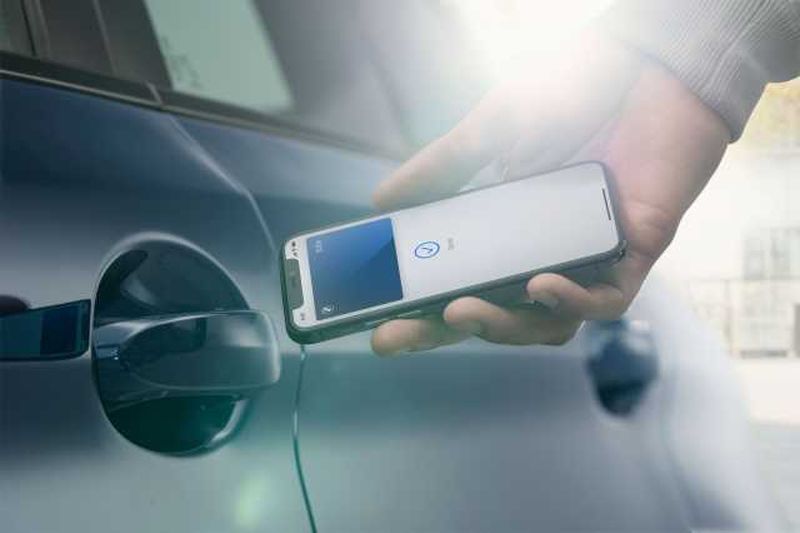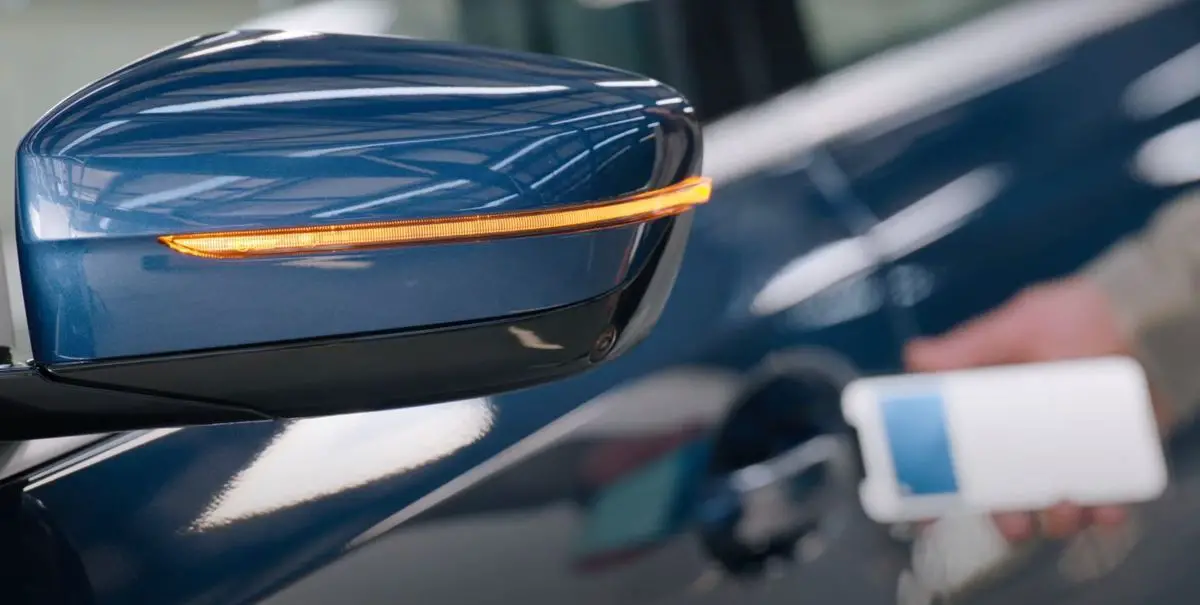The automotive industry standardizes the Apple Car Key. Good news for Apple. The “invention” of unlocking the car with the iPhone, which the company baptized as Car Key, has been accepted by the automotive industry, incorporating it into the Digital Key Release 3.0 specification.
From now on, new cars manufactured with this specification will be compatible with Apple’s Car Key. Hopefully, it will soon cease to be a detail of high-end cars and will be standardized across the entire range of vehicles.
One of the new features that Apple announced at the last WWDC21 about iOS 15 is the extended support for Car Keys, allowing you to unlock, lock and start your car without having to take your iPhone out of your pocket.
Well ahead of the official release of iOS 15 this fall, the Automotive Connectivity Consortium has officially released the Digital Key Release 3.0 specification and made it available to automotive component manufacturers.
Apple Car Key incorporates the U1’s Ultra Wideband connection
That specification incorporates support for Ultra-Wideband and Bluetooth Low Energy connectivity. This means that Apple’s Car Key feature can now access the Ultra-Wideband U1 chip built into the current iPhone 11 and iPhone 12 ranges.
The Car Key feature allows you to unlock, lock and start your car without having to take your iPhone out of your bag or pocket. Ultra-Wideband provides precise spatial awareness, ensuring that you cannot lock your iPhone in your car or start your vehicle when the iPhone is not inside the car.

The latest version addresses security and ease of use by authenticating the digital key between a vehicle and mobile device via Bluetooth Low Energy. Mobile devices create and store the digital keys in a secure element that provides the highest level of protection against hardware or software-based attacks.
UWB offers secure and accurate distance measurement that enables automobiles to locate authenticated mobile devices so that Release 3.0 not only prevents attacks but also adds a new level of convenience when entering, interacting with, and starting the car.
The Digital Key Release 3.0 specification also maintains support for NFC to ensure backward compatibility, the consortium explained.





